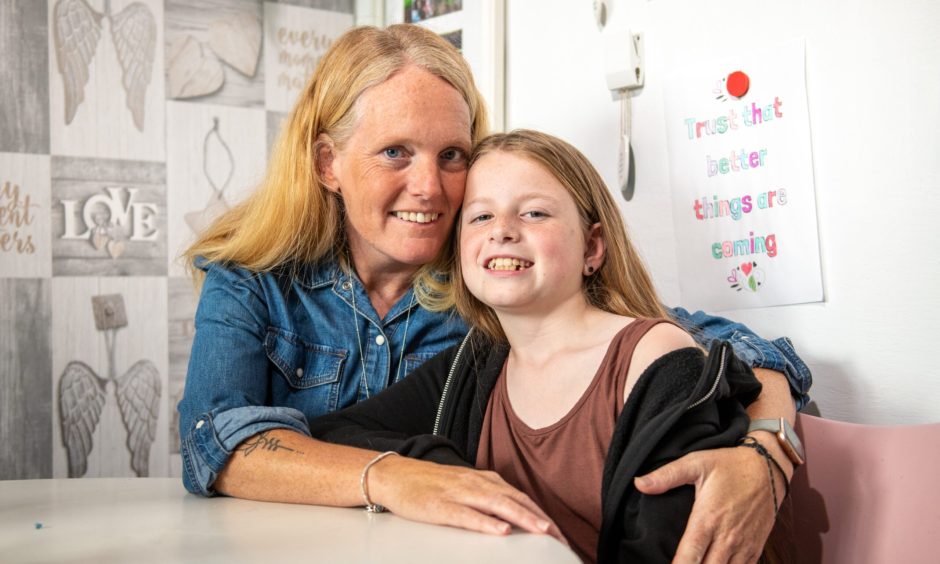
Are you a parent who hollers at your children? Or are you fed up hearing others shouting at their kids?
Most mums and dads will confess to losing their temper and raising their voice from time to time. Or even several times a day.
But according to a new study verbal abuse can cause kids long-term damage, even increasing their risk of imprisonment, drug abuse and domestic violence.
As a parent who confesses to sometimes losing my cool and bellowing, I wanted to learn more.
So I spoke to an Angus mum who yells no more, a Dundee child psychologist who says shouting parents needs to face up to the damage they could cause and a Tayport mum who believes shouting – even swearing – can be necessary.
Mum-of-three Melanie Stuart, from Monifieth, transformed how she parents Leon, 20, Georgia, 19, and 10-year-old Charlotte after a lightbulb moment six years ago.
She says: “I did shout and I did scream in my early parenting years, but it didn’t sit right with me, there was always that feeling of guilt.
“I was very much a parent who was laisse faire, hands-off, and then all of a sudden you would reach that point when there was an explosion.”
The college lecturer and mindfulness coach admits: “My house was in chaos, I was in poor relationships, and a lot of that was coming out and having an effect on my children.”
A documentary about adverse childhood experiences helped her realise she was reacting to her own trauma and with the help of an online parenting community she learned to regulate her emotions.
There’s no shouting. There’s fun, there’s laughter, there’s lightness.”
Mum-of-three Melanie Stuart
“Before,” she says, “I would send my son and daughter to their rooms, there would be no xBox, all these threats.
“Now I can’t remember the last time I made a threat or punished them. And there’s no shouting.
“There’s fun, there’s laughter, there’s lightness.
“If my daughter is cheeky I realise there’s something underneath that, it’s coming from somewhere and I will either, not ignore it, but brush over it or make a joke of it.”
Melanie says learning to take a breath and pause is key to calmer parenting, and she began using techniques such as a pillow fight to diffuse scuffles or throwing fake snow balls to release tension.
Child psychologist Dr Suzanne Zeedyk, an honorary fellow of Dundee University, reckons parents who regularly shout need to face up to the damage they could be causing.
She says: “It’s in our biology and genetics for children to trust adults.
“So when you tell them they are idiots or they are naughty or they are bad their biology believes you so they feel threatened and scared.
“That produces problems with self-esteem, with the sense of yourself as competent, as loveable, as wanted.”
She is pleased the study has garnered wide media attention but says we must remember current societal problems including poverty, conflict and abuse create extra pressure for parents.
“One of the really uncomfortable things to come out of this is that adults have to manage their feelings better,” she says. “We have to get better at not shouting.”
And how do we do that?
How to avoid shouting at kids
“When I’m irritated with other people I sometimes shout at them,” she says, “but that doesn’t make it ok.
“What it means is I need to get better at listening to my feelings. I need to get better at learning to take a step back. I need to learn to take breath. Maybe I need more sleep, maybe I need to go for a walk.
“But I, as the adult, am responsible for taking care of myself emotionally so that I don’t take it out on other people, including children.”
Look at the cause of a child’s behaviour rather than the behaviour itself, she advises.
“What you’ll often find is they are feeling sad, or overwhelmed or angry. Behaviour is driven by emotions.”
And you don’t need to be flinging insults for shouting to have a negative impact, according to Suzanne, just a raised voice can be scary for children.
Suzanne says: “It means they are less likely to turn to you for help, less likely to share with you the things they are scared of, they might play up, they are likely to not pay attention, which will make your life harder, they might shout back.”
But if, despite all her advice, we still lose our temper and yell that’s ok as long as you apologise, says Dr Zeedyk.
“What matters most for the long term is that you go back and say sorry; you repair the hurt you caused.”
A cultural shift away from shouting at children being the norm could be underway, she reckons.
“Once upon a time parents hit their children, schools hit children. It was only a few years ago we made it illegal for parents to hit children.
“If we are brave enough as adults to step into the idea that our behaviour has long lasting biological impacts on children then I think it leads to a cultural shift based more on relationships.”
Can shouting be helpful?
But for Tayport parent activist Dr Penny Lewis, whose two children are grown-up, shouting can be necessary to emphasise a message or even warn kids their behaviour is dangerous.
She was part of the Be Reasonable Scotland campaign against the smacking ban, and believes discouraging shouting adds to damage caused by that legislation.
She says: “I think shouting, raising the tone of your voice, swearing even sometimes depending on the age of the child, are all ways we indicate to a child we are serious about something.”
Outlawing smacking, she claims, has undermined parents’ authority and been damaging for children.
She says: “There’s a lot of talk about problems with mental health, and I think this is not because we shout at children but because we are undermining their parents and they have not been able to give them the proper guidance.
“Parents have the best interests of their kids at heart. They should be encouraged to use their instincts. If they feel they need to raise their voice they are probably right.”
What does the study say?
The study, published in journal Child Abuse and Neglect, says verbal abuse of children by adults – shouting, yelling, denigration and verbal threats – can be as damaging as physical and sexual abuse.
It cited UK research which found that those who had been verbally abused were almost twice as likely as those who had not to use cannabis or end up in jail.
Co-author Professor Peter Fonagy, of University College London, said: “Children are genetically prepared to trust what adults say.
“If we betray that trust by using words to abuse rather than teach, this can leave children not just ashamed, isolated and excluded but also unable to engage with their community and draw the full benefit of social learning.”
Further reading
Several books are recommended by Dr Zeedyk for those who want to work on their parenting technique.
These are:
- How to be a Calm Parent by Sarah-Ockwell Smith
- There’s No Such Thing As Naughty by Kate Silverton
- Changing Our Minds: How Children Take Charge of Their Own Learning by Naomi Fisher
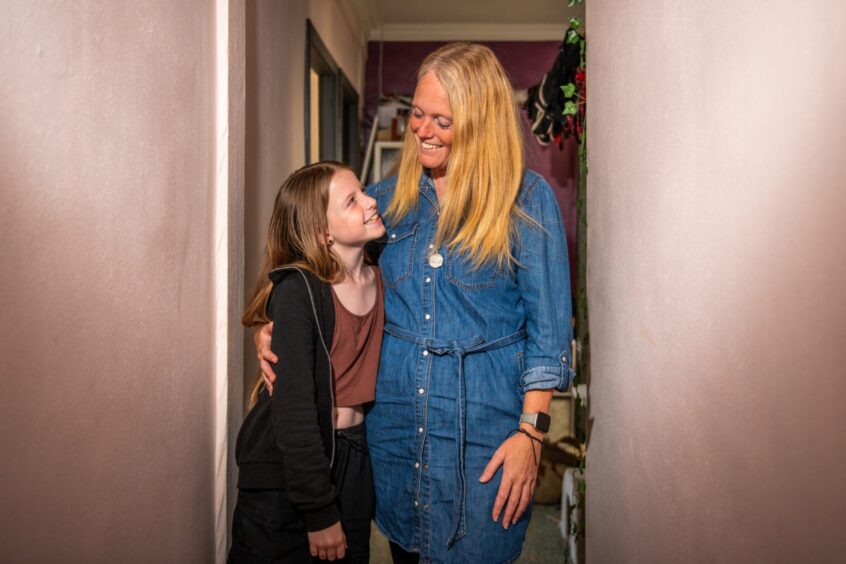
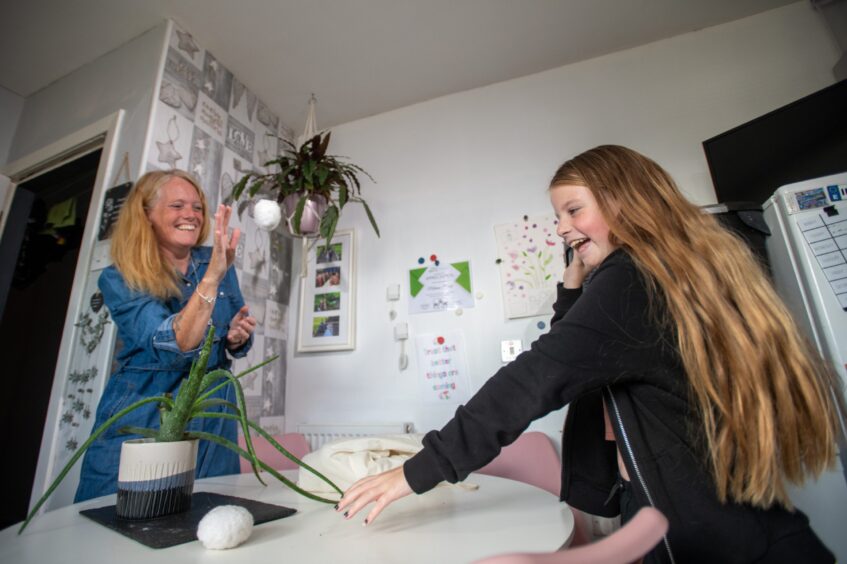

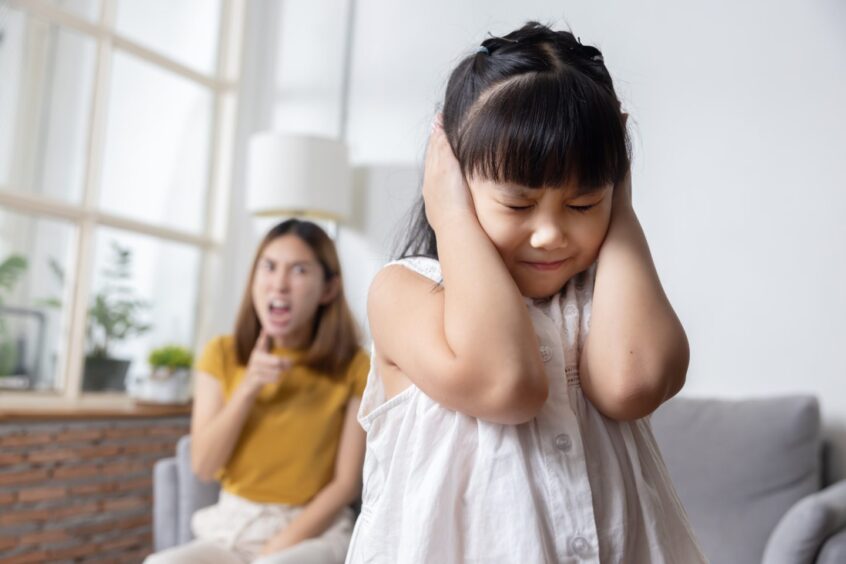
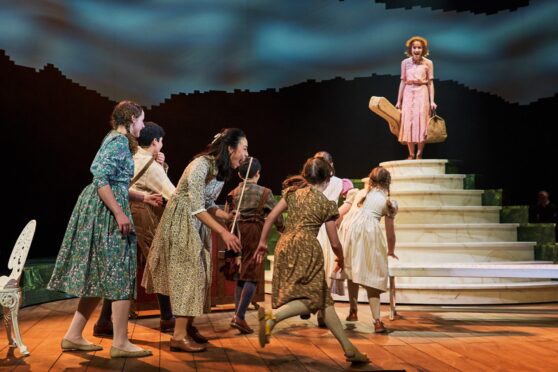


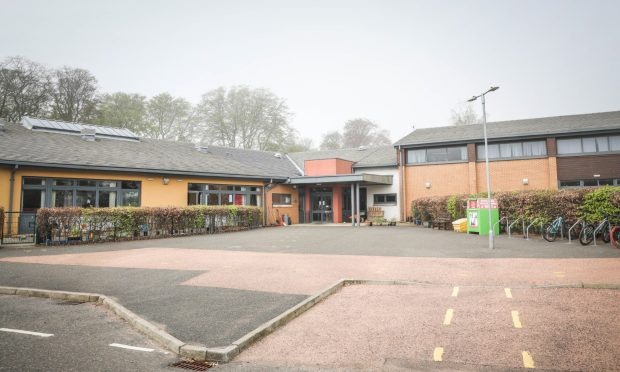






Conversation